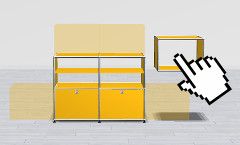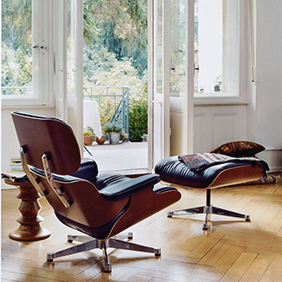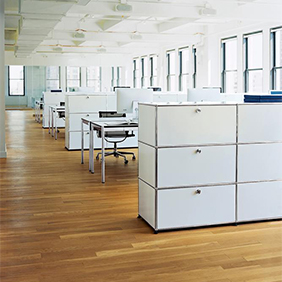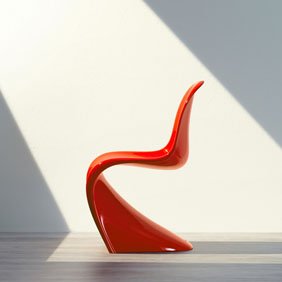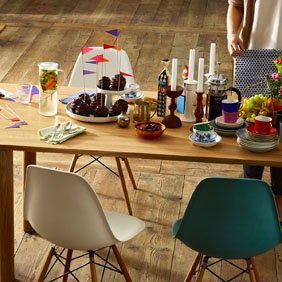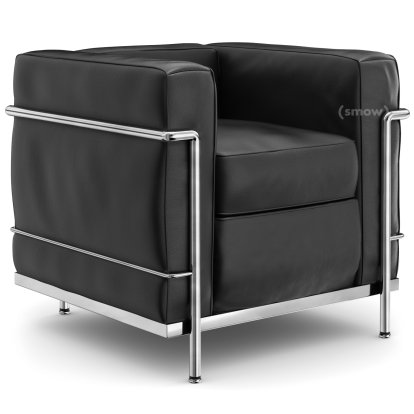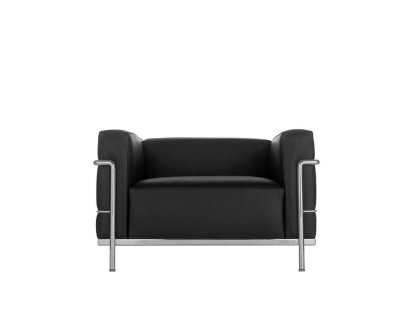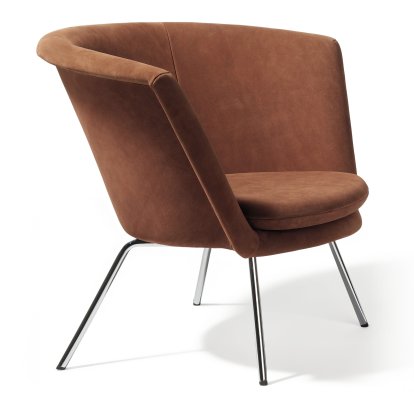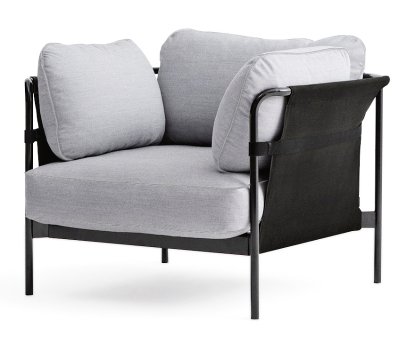3 Fauteuil Grand Confort, grand modèle, deux/trois places
by Le Corbusier, Pierre Jeanneret, Charlotte Perriand, 1928 — from CHF 10’038.00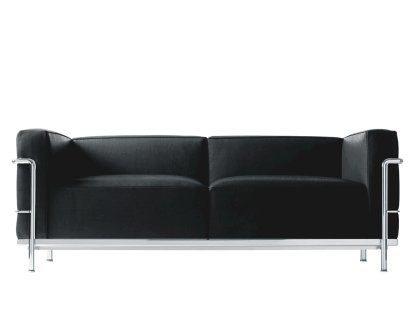
has been added to your wishlist.
Details
| Product type | Sofa |
| Dimensions | 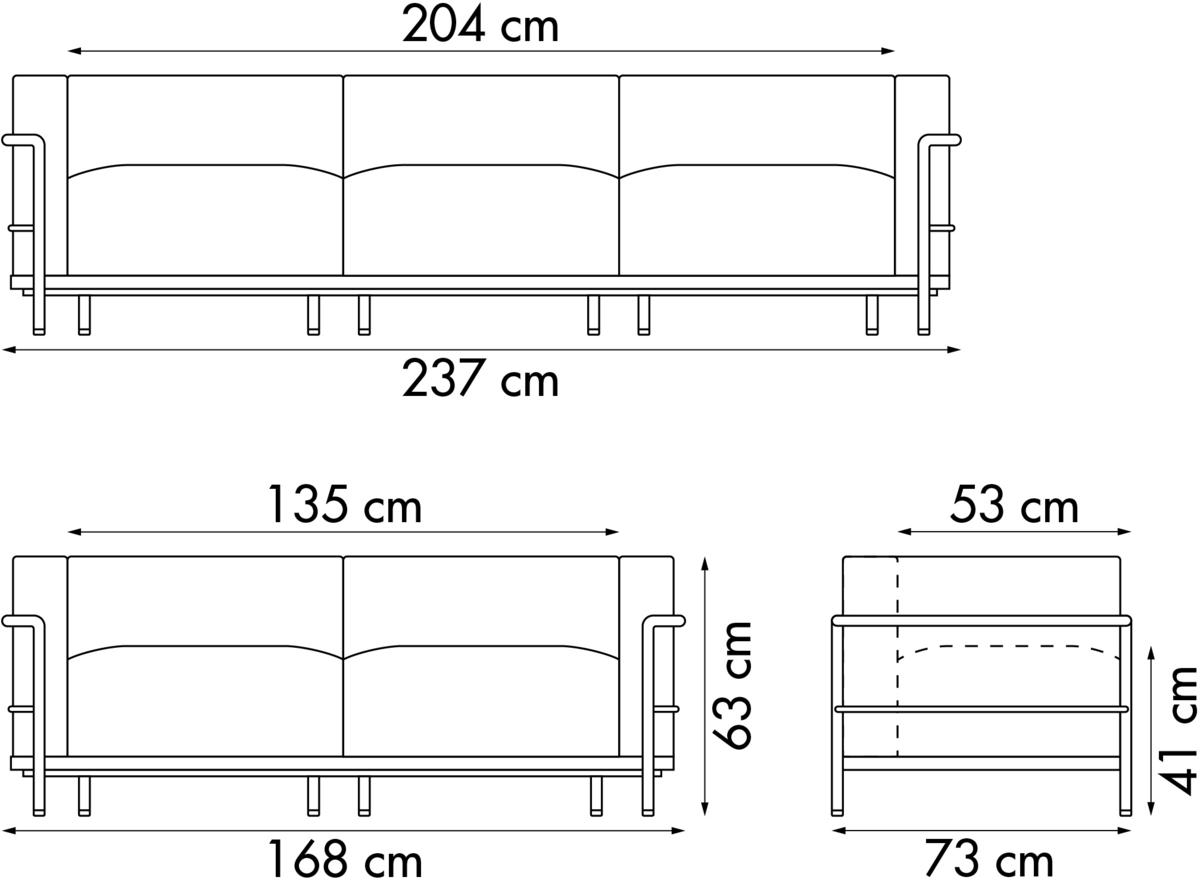 |
| Weight | 55 / 75 kg |
| Colours | Leather Scozia  Metal   |
| Material | Frame: metal, chrome plated or matt lacquered Cover: leather Scozia Padding: polyurethane foam and polyester wool |
| Variants | Available as a two- or three-seater The LC3 armchair is available separately |
| Function & properties | From the collection „Cassina I Maestri“ Authenticity through identification stamp featuring signature of the designer and unique identification number |
| LC50 Anniversary | |
| Care | Textile: dust and lint can be sucked vacuumed. To treat stains, please use a damp cloth and a mild, neutral detergent. Professional cleaning should be performed in the assembled state and with the use of an upholstery foam or using a mobile washing-extraction device. Leather: Please refer to the booklet included with delivery Steel: For the quick cleaning of polished gloss, matt chrome and aluminium tubing, any glass cleaner can be used with a clean, soft cloth and then wipe dry the surface with a soft cloth. Do not use solvents or abrasives. |
| Awards & museum | MoMA Collection, New York |
| Certificates | Certified through the "I Maestri" stamp and signature of the author Greenguard certificate |
| Warranty | 24 months |
| Product family | LC Collection |
| Product datasheet | Please click on picture for detailed information (ca. 0,7 MB).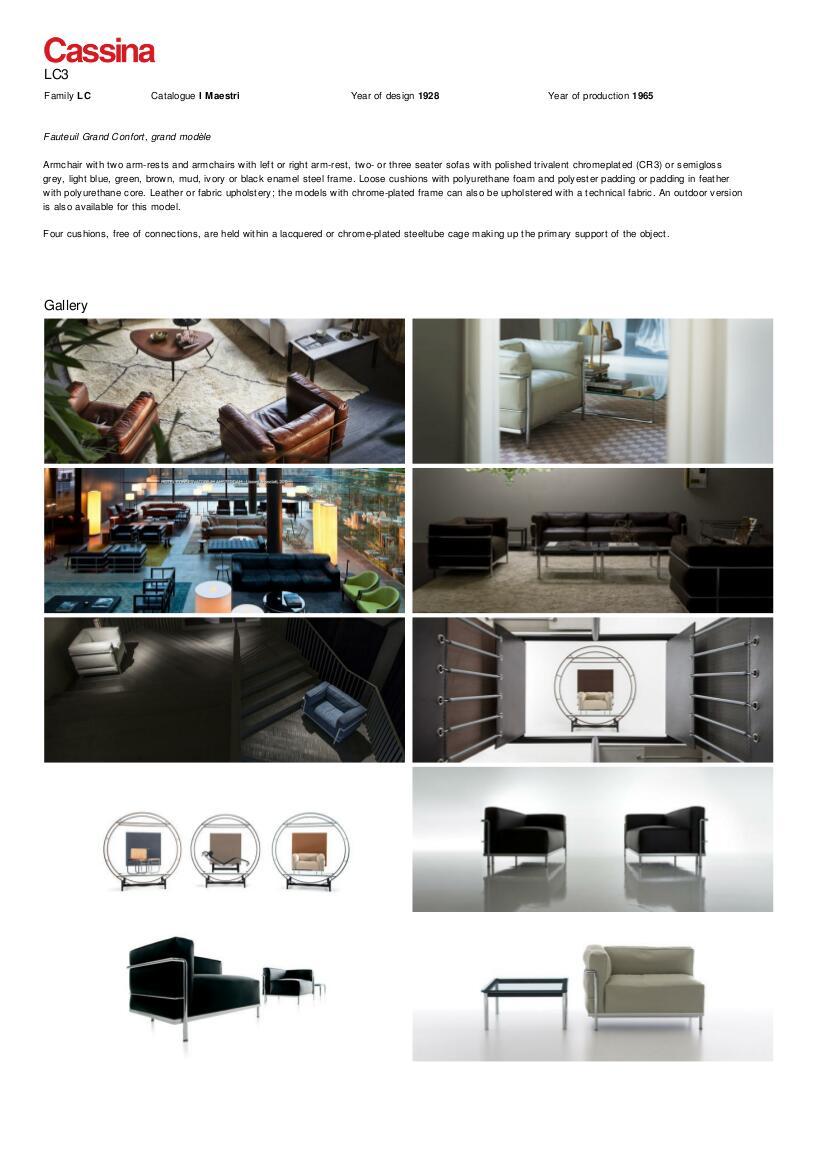 |
FAQ
How do I recognise an original 3 Fauteuil Grand Confort, grand modèle, deux/trois places (LC3 sofa)?
Every piece of furniture of the "Cassina I Maestri" collection is embossed with the signature of the designer and an identification number by way of an authenticity mark.
What is the new name of the LC3 Sofa from Cassina?
In September 2022 the LC3 Sofa was renamed Fauteuil Grand Confort, grand modèle, deux places (two-seater) and trois places (three-seater) by Cassina.
Why have the Cassina products of the LC collection been renamed?
On the occasion of the 50th anniversary of the Cassina iMaestri collection in 2023, it was agreed with the heirs and foundations of Le Corbusier®️, Pierre Jeanneret®️ and Charlotte Perriand®️ to return to the objects original French names.The prefix "LC" has therefore be removed from the affected products, and now onlw the number is listed together with the product name (e.g. 3 Fauteuil Grand Confort, grand modèle, deux/trois places).
Design
The Cassina LC3 Sofa, whether as a two-seater or three-seater, is the largest object from the LC Collection from the Italian manufacturer Cassina, a collection which is produced according to the original designs of the designer Le Corbusier. Although developed together with his cousin Pierre Jeanneret and Charlotte Perriand, Le Corbusier is often hailed alone as the creator of the popular collection, a collection which resulted in numerous successful pieces over 10 years of collaboration. Originally premièred in 1928 for the furnishing of Le Corbusier's Villa Church project, the official birth date of the LC 3 is 1929 when Le Corbusier presented a set of furniture at the Paris Autumn Salon. The design of the entire LC family matches the style of the Bauhaus, a movement which celebrated its heyday in the 1920s and which continues to captivate with its clear forms and artisanal materials. The Le Corbusier Sofa LC3 is, as well as the LC3 armchair, formed from a steel tube cage into which are placed cushions which form the seat, back and armrest and which produce an unexpectedly comfortable sitting experience. Once you sit in the Le Corbusier sofa, which differs from LC2 through its approximately 20 cm wider seats, you wont want to leave it, so comfortable are the deep backrest and the soft polyurethane foam cushions.
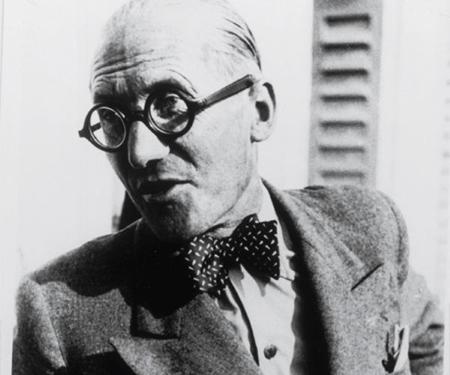
The world famous designer Le Corbusier
Designer
Although Le Corbusier did not design the Cassina LC3 sofa and the other furniture objects of the LC collection alone, he is generally credited with having done such, probably because he was unquestionably one of the most important designers of his time. Born in 1887 in the Swiss canton of Neuchâtel as Charles-Edouard Jeanneret-Gris, the future Le Corbusier completed an apprenticeship as engraver before under the influence of his teacher Charles L'Eplattenier he increasingly turned to painting and architecture. In the early years of his career Le Corbusier undertook many journeys, especially through Europe, during which he witnessed many cities, including, amongst others, Milan, Florence and Paris: cities where he studied and sketched the local architecture. The contact with diverse architects and emerging artists greatly influenced his work and these numerous impressions and influences ultimately flew into Le Corbusier's architectural work. In addition to architecture Le Corbusier was also active as a painter, draughtsman, architectural theorist, city planner and furniture designer. His work displays his penchant for purism and thus was controversial and particularly critically debated. Just as unmistakable as Le Corbusier's works was Le Corbusier's character - many critics describing him as arrogant or megalomaniac, but there was one thing he definitely was: one of the most important protagonists of design history.
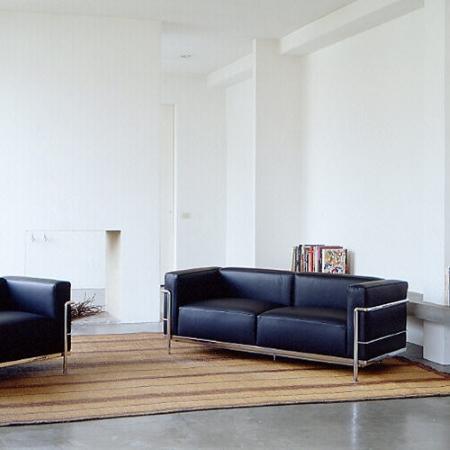
The LC3 Sofa from Cassina
Production
As with all other members of the Cassina LC collection the LC3 sofa is produced according to the original designs of Le Corbusier. Owing to the fame of the furniture, its unique functionality and universal popularity the design is frequently copied and forged. To allow you to recognize Cassina originals a stamp with the manufacturer's logo, the signature of the author and an identification number is embossed on each and every LC 3 and which should be considered as the object's "identity card". Although industrially manufactured by Cassina the artisanal intentions of the furniture is always the focus of attention. The combination of handcraft and modern machine employed by Cassina fit perfectly with the traditions of the Bauhaus: fabrics and leathers are checked by hand for defects before the precise forms are cut using high precession computer controlled cutting technology. Within the production process nothing is left to chance - a bar code accompanies each piece of furniture through the individual production stages and also allows the end user, at any time to view the state of his order and thus to verify the timely delivery.
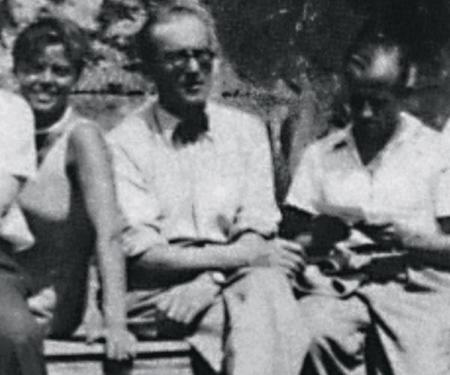
The designers Le Corbusier, Pierre Jeanneret and Charlotte Perriand
Historical Context
The 1920s were not only politically and socially turbulent times, but also culturally, and especially in art and architecture, it was a period marked by upheaval and new Zeitgeist. Arguably the most famous point of contact for artists who were no longer satisfied with conventional shapes and patterns was the Bauhaus, initially in Weimar and subsequently in Dessau. Under the Bauhaus roof were united architects, designers and artists with the vision to manufacture industrially producible furniture for the masses and who wanted to combine this aim with a return to handicraft traditions. Le Corbusier contributed to this development just as much as the Bauhaus; in addition his designs always followed unprecedented forms and unconventional patterns. In the centre of his work stands a break with the ornate decoration of buildings, furniture or other objects and instead movement towards logic, clarity and reduced functional products, which present a rather simple aesthetic. As a counter movement to Art Deco Le Corbusier developed the Sofa LC 2 and the LC Collection according to his ideas of purism: and as objects which poetically remind one of the connection between industrial mass production and traditional crafts.
Manufacturer
The Italian manufacturer Cassina, headquartered near Milan, was founded in 1927, i.e. 2 years before the first public exhibition of the LC collection at the Paris Salon d'Automne. There are arguably only very few terms which so completely define Italian design as the name Cassina: a company globally acknowledged for its exclusive use of high quality materials and range of timeless design classics and innovative aesthetic products. Having made a name for itself with the furnishings for luxury liners and cruise ships Cassina remained a very successful manufacturer, before in the 1950s they began to move increasingly into the field of contemporary furniture design. At first the customer base of the traditional Italian company expanded to include a number of luxury hotels and boutiques, before the possibilities offered by industrialisation and the combination of traditional craftsmanship and cost-effective mass production made Cassina a global player and one of the world's leading furniture manufacturers. Around the same time the company began the production of the first Corbusier furniture, a collection which today features objects such as the LC2 armchair, LC2 sofa or the LC1 armchair. Cassina holds the exclusive rights to the Le Corbusier furniture collection, and confirm the originality of every piece through stamping their own logo, the signature of the designer and a unique identification number onto every piece. The designs of Le Corbusier are included in the Cassina "I Maestri" collection, a collection which contains works of numerous furniture design masters and which stands besides the "I Contemporanei" series, which, as its name suggests, consists of furniture by contemporary artists.

